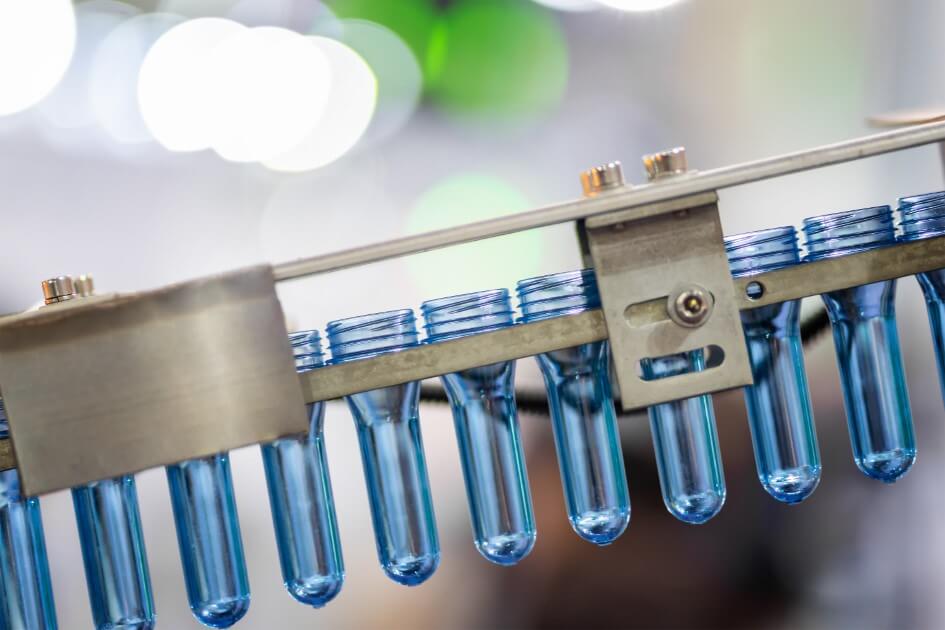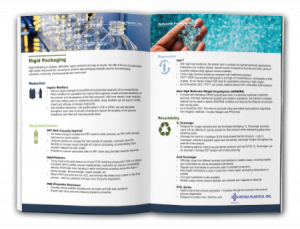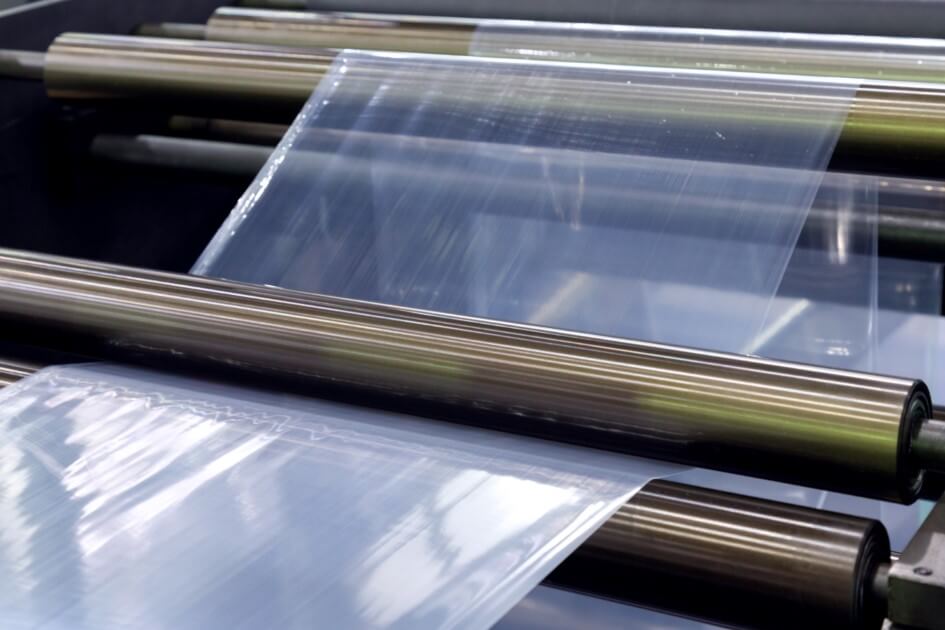
Application Examples
PFAS Free Lubricant – Everglide®
- PFAS processing aids are labeled ‘forever chemicals’ due to the fact they don’t break down over time. Paired with studies showing adverse health effects, there is a growing market movement away from PFAS-based processing aids. How2Recycle announced in December 2021 that packaging containing PFAS will now be assigned the “Not Yet Recycled” How2Recycle label.
- Mitsui is proud to offer Everglide, a PFAS-free processing aid that users can find perform well when compared with traditional fluoro-materials. With Everglide®, film producers will achieve excellent melt processability, print adhesion, and a stable COF over a broad temperature range, allowing faster speeds on lines. Mitsui will work with you to fine-tune your additive approach to get the most out of your film production while moving away from traditional PFAS PPAs.
- Learn more about Everglide® here.


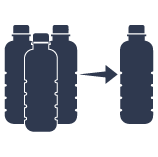 mLLDPE (Metallocene Linear Low Density Polyethylene)
mLLDPE (Metallocene Linear Low Density Polyethylene)
 ZrXL Series
ZrXL Series
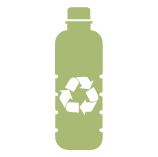 PET Melt Viscosity Improver
PET Melt Viscosity Improver
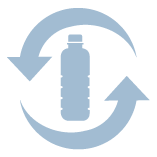 TPX™
TPX™
 Bio-Based PBS
Bio-Based PBS
 EVOH (Ethylene Vinyl Alcohol Copolymer)
EVOH (Ethylene Vinyl Alcohol Copolymer)
